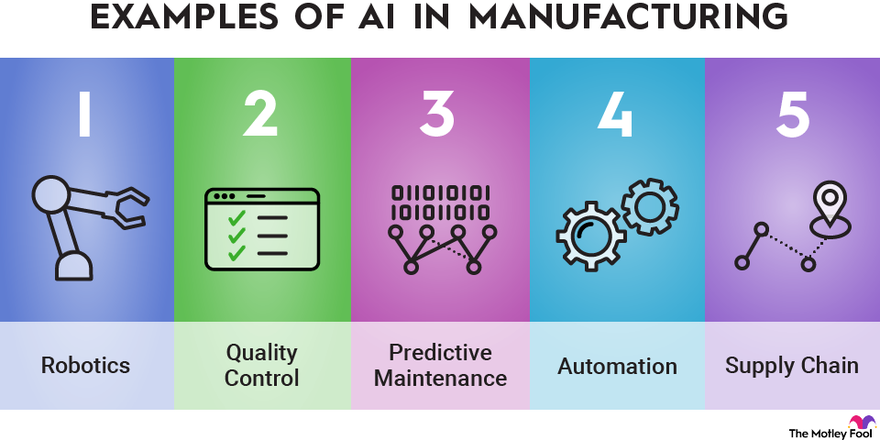How AI Will Change the Job Market in the Next 10 Years
Artificial Intelligence (AI) is no longer a concept of the future and is fast becoming a game changer in the workplace, transforming economies and the very concept of work itself. As we move into the next decade, it is evident that AI will have a significant impact on the job market, with both positive and negative consequences.
The Impact of Automation
One of the primary effects of AI is automation, where machines and other technological advancements are taking over tasks that were previously performed by humans. This shift is already noticeable in industries like manufacturing, where robots are proving to be faster and more accurate than human workers. This trend is expected to expand into more complex operations such as customer service, analytics, and even creative roles.
For example, Amazon warehouses have started implementing AI robots to enhance workflow efficiency and reduce the need for human labor.
Upskilling and Reskilling
With the rise of AI and automation, there is a growing demand for workers to acquire new skills to remain relevant in the job market. Upskilling and reskilling programs are becoming increasingly essential to help workers adapt to the changing job landscape.

Employers are also recognizing the importance of investing in their workforce to ensure they have the necessary skills to thrive in a technology-driven environment.
The Role of AI in Job Creation
While AI is expected to automate certain tasks, it also has the potential to create new job opportunities in emerging fields such as data science, machine learning, and AI development. These roles require specialized skills and expertise, presenting a unique opportunity for individuals to pursue lucrative and fulfilling career paths.
As AI continues to evolve, it is crucial for individuals and organizations to stay informed about the latest trends and developments in the field to leverage the full potential of AI in the job market.

Overall, the future of AI in the job market is dynamic and multifaceted, presenting both challenges and opportunities for workers and employers alike. By embracing technological advancements and investing in skills development, individuals can position themselves for success in a rapidly changing work environment.




















